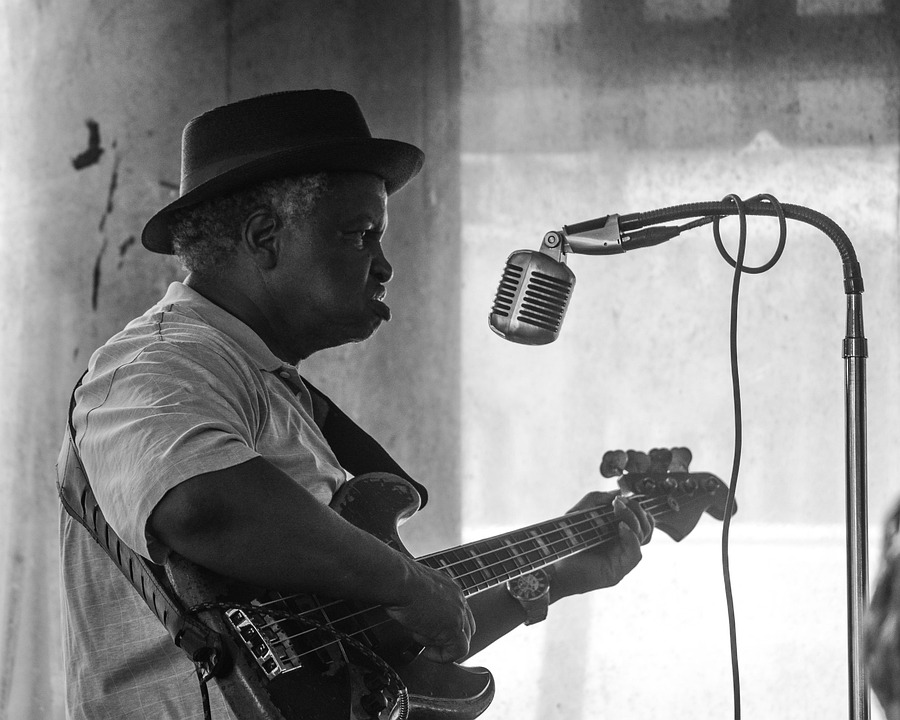These abuses include threats, cases of torture, ill -treatment and arbitrary arrests and detention, according to the United Nations assistance mission in Afghanistan (Unama) and the office of the United Nations High Commissioner for Human Rights (Ohchr).
THE report declared that these violations were committed against the Afghans “on the basis of their profile” and targeted women, media workers and members of civil society as well as individuals affiliated with the former government which fell in 2021 and its security forces, despite the affirmations of the Taliban according to which these individuals benefit from an amnesty.
“” No one should be returned to a country where they may be persecuted because of their identity or their personal history“Said Volker Türk, the United Nations High Commissioner for Human Rights.
“In Afghanistan, this situation is even more pronounced for women and girls, who are subject to a series of measures that represent persecution only on the basis of their gender.”
Since 2023 and the start of large -scale expulsion campaigns launched by Iran and Pakistan, millions of Afghans have returned to their country. In 2025 alone, over 1.8 million people returned to Afghanistan, including 1.5 million Iran.
Women
The United Nations Agency for Refugees, HcrRecently estimated that the total could reach three million by the end of the year, returning to a country facing a serious humanitarian crisis.
The situation of women returned by force is particularly disastrous. A former television journalist, who left the country after taking control of the Taliban in August 2021, described how, after being involuntarily returned to Afghanistan, she saw her prospects disappear.
“I am very worried about my personal security and I feel immense frustration with the current situation imposed on women [my province]. I can unequivocally say that I am indeed under house arrest. There are no job opportunities, no freedom of movement and no access to education-whether to learn or teach-for women and girls, “she said.
Many people are also forced to live in the hiding place since the return to Afghanistan due to real or feared threats from de facto authorities. This is the case for individuals affiliated with the former government and its security forces, who had to hide for fear of reprisals, despite the public amnesty announced by the de facto authorities.
Live in the hiding place
A former official described how, after his return in 2023, he was detained for two nights in a house where he was seriously tortured, beaten with sticks, cables and wood, subject to water torture and faced a simulated execution.
Other refugees have returned from Iran must frequently modify locations to avoid being identified, such as a former judge.
“” I try to stay hidden because I know that the prisoners who have been detained because of my decisions are now senior government officials and who are still looking for me. If they find me, I’m sure they’ll kill me. They have already threatened me when I was a judgeThey said.
Faced with these serious abuses, the UN urges states to make no one in Afghanistan which faces a real risk of serious human rights violations.
“” Member States should extend the possibilities of resettlement for risky Afghans and ensure their protection, giving priority to the people most likely to undergo human rights violations in the event of return For Afghanistan, including women and girls, individuals affiliated to the former government and the security forces, media professionals, civil society activists and human rights defenders, “said the report.
Originally published at Almouwatin.com








